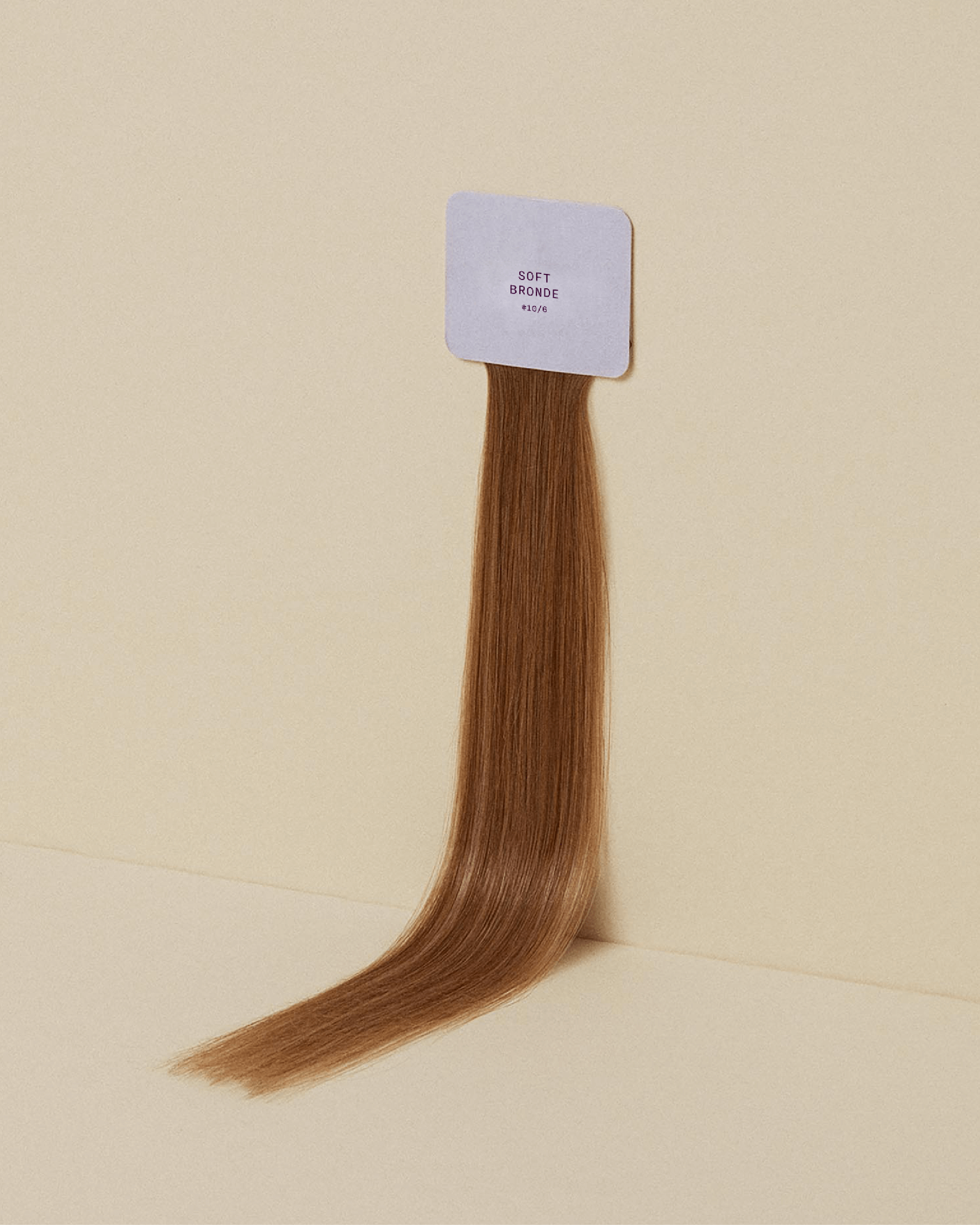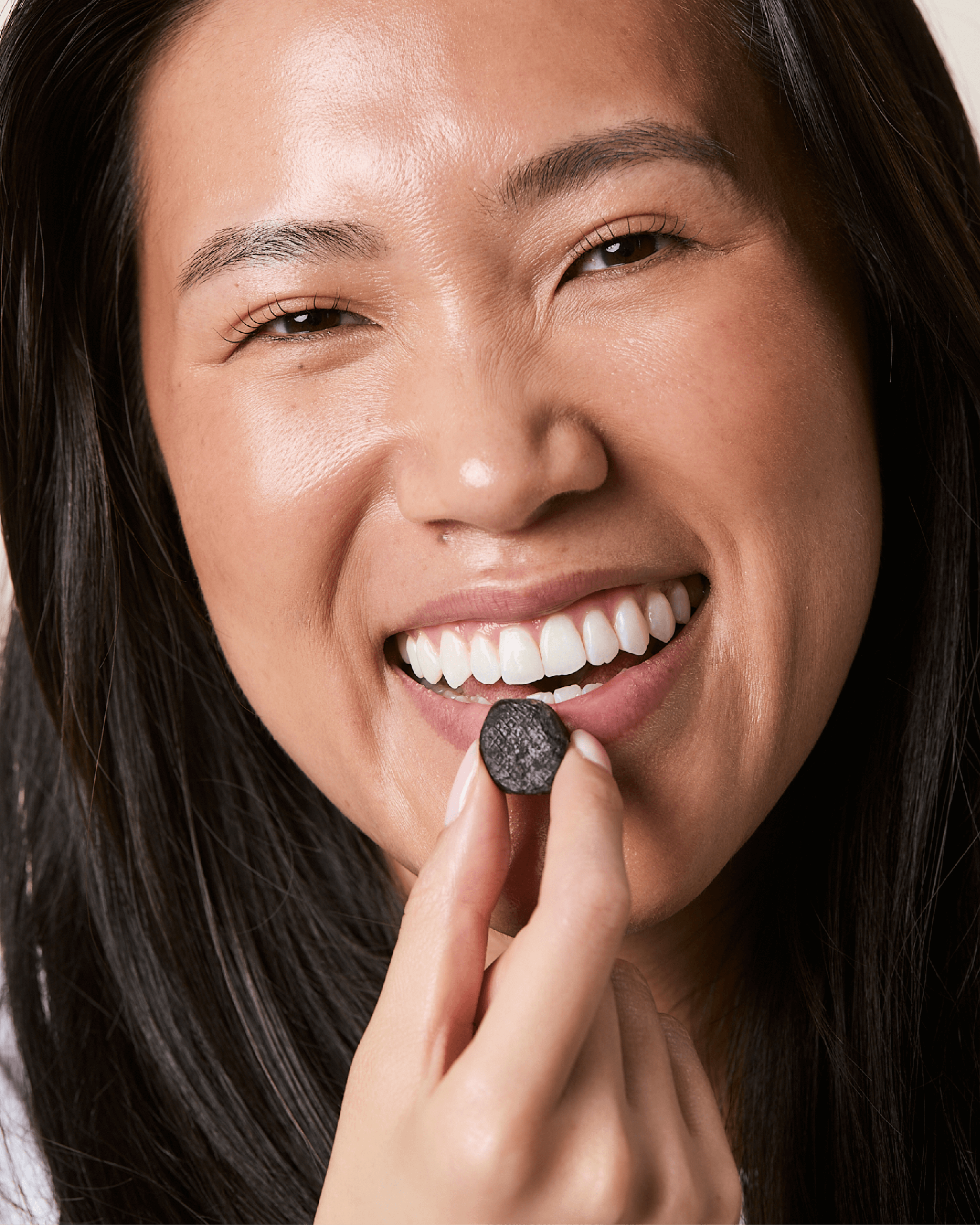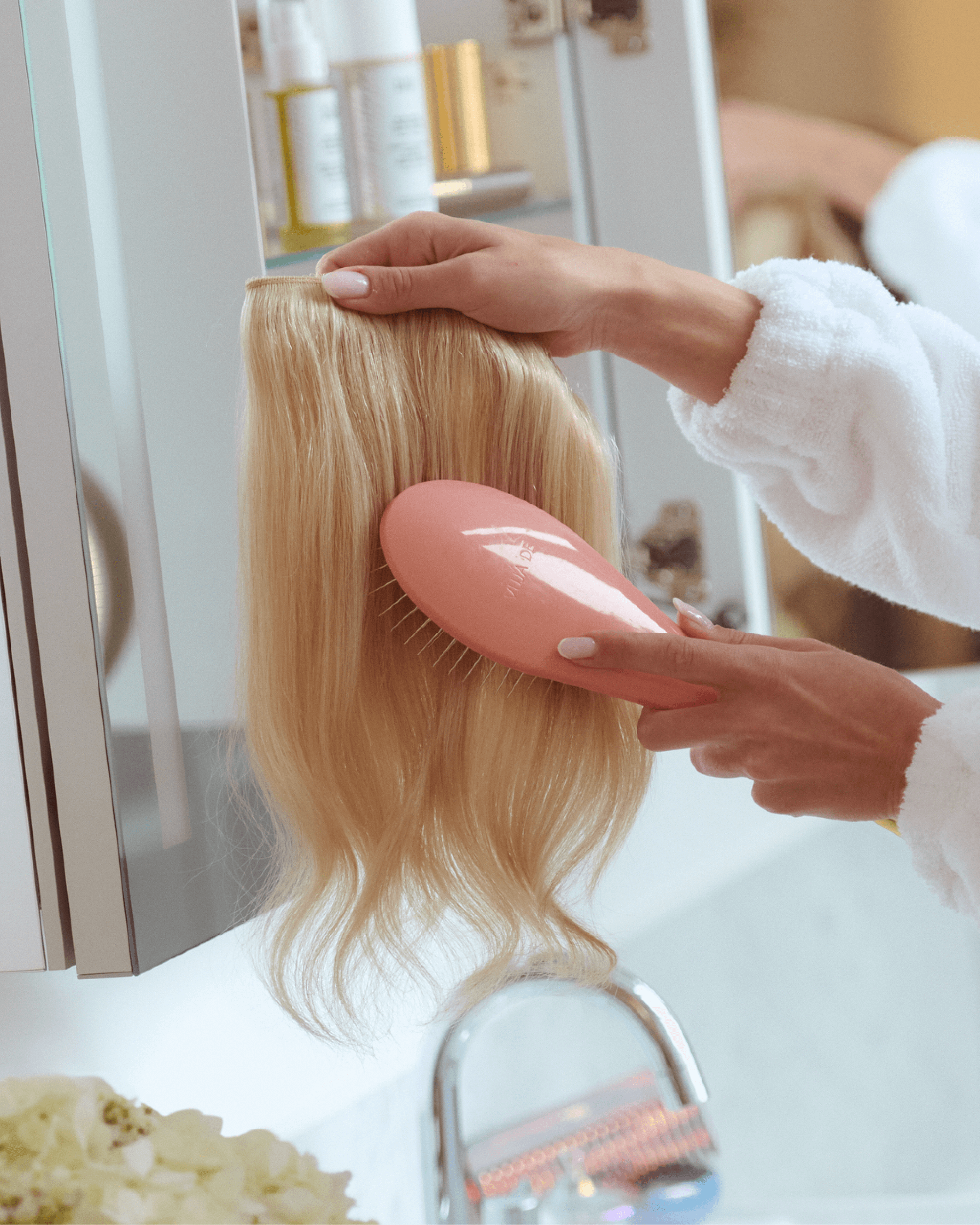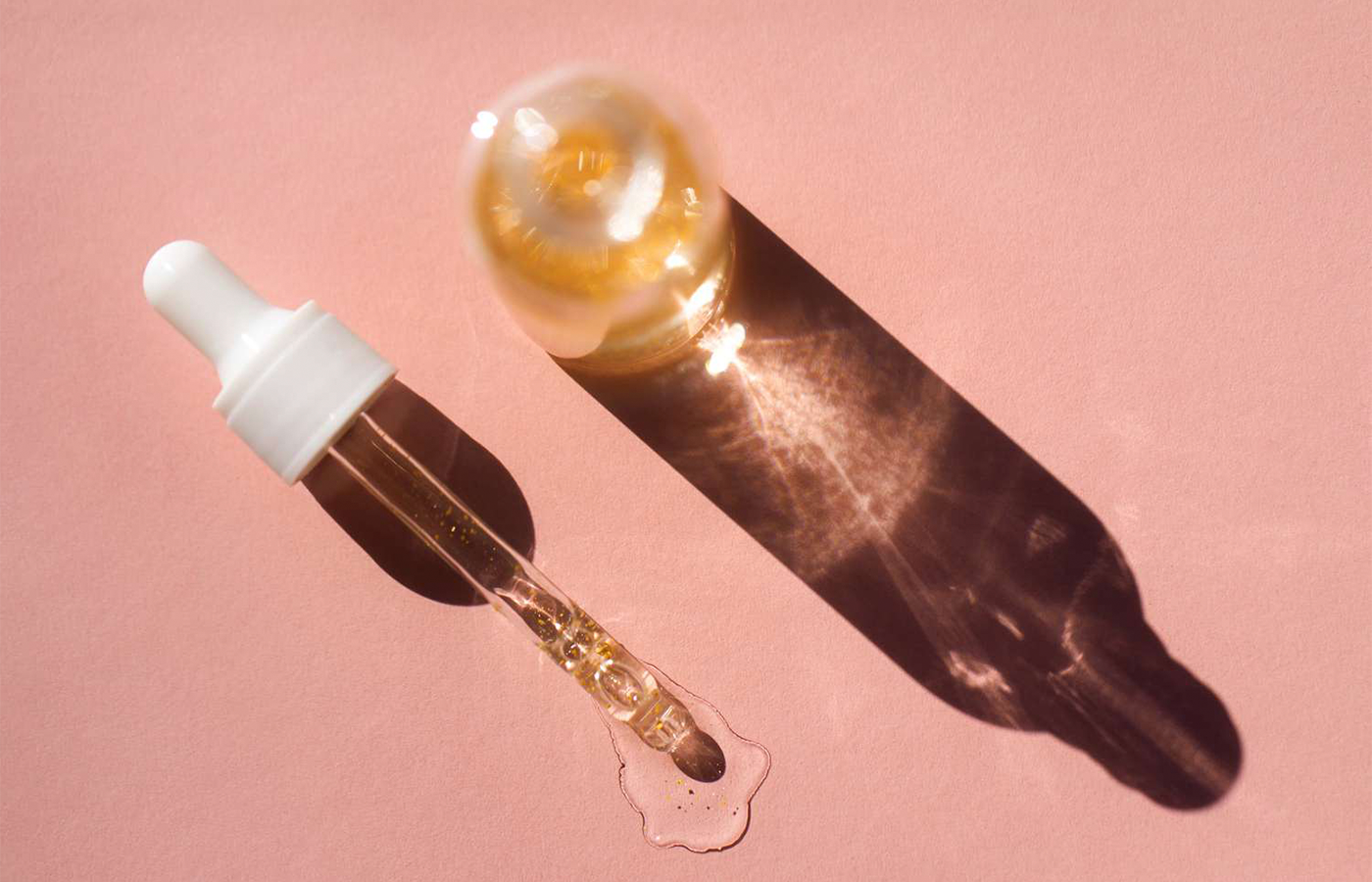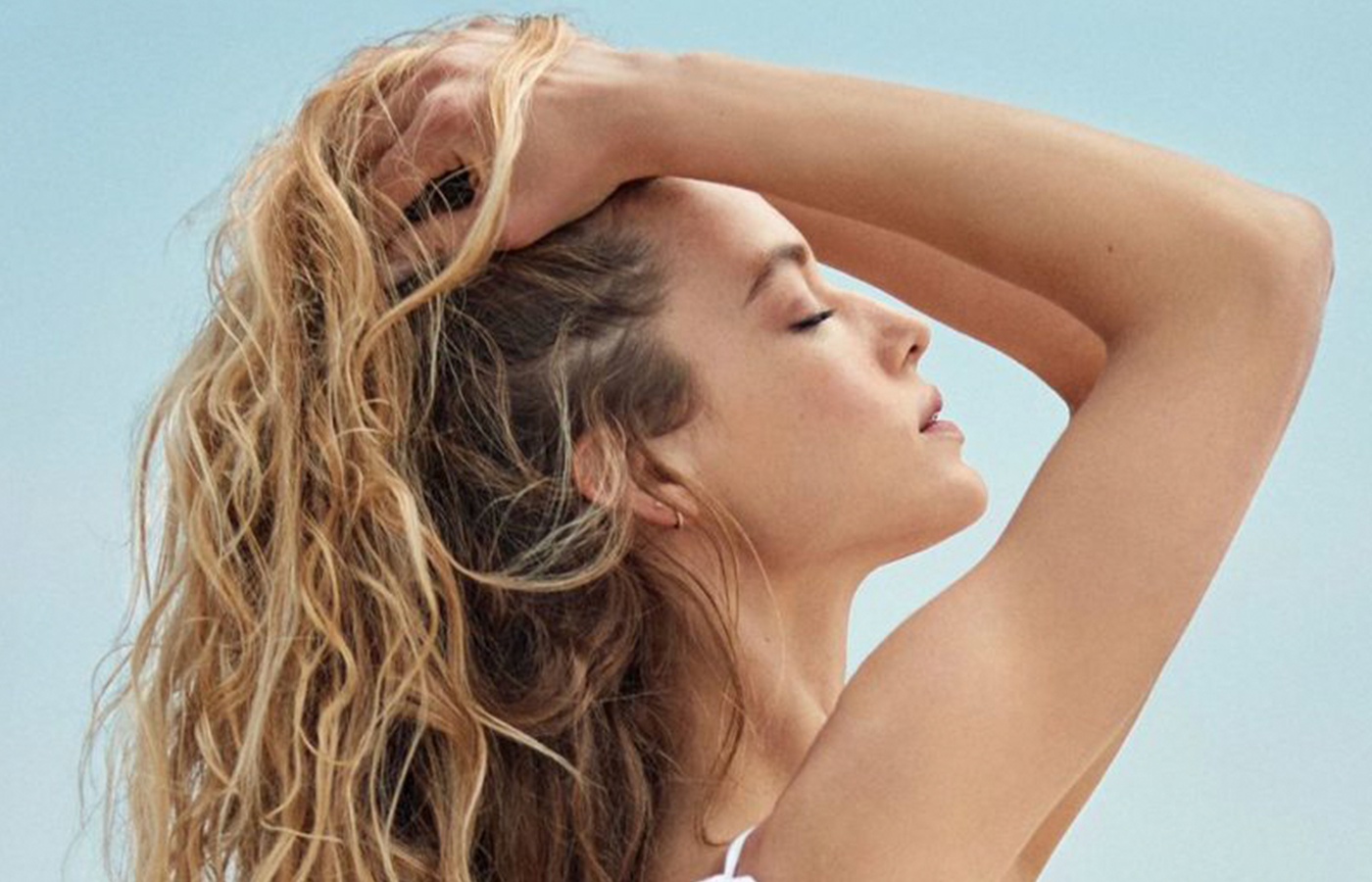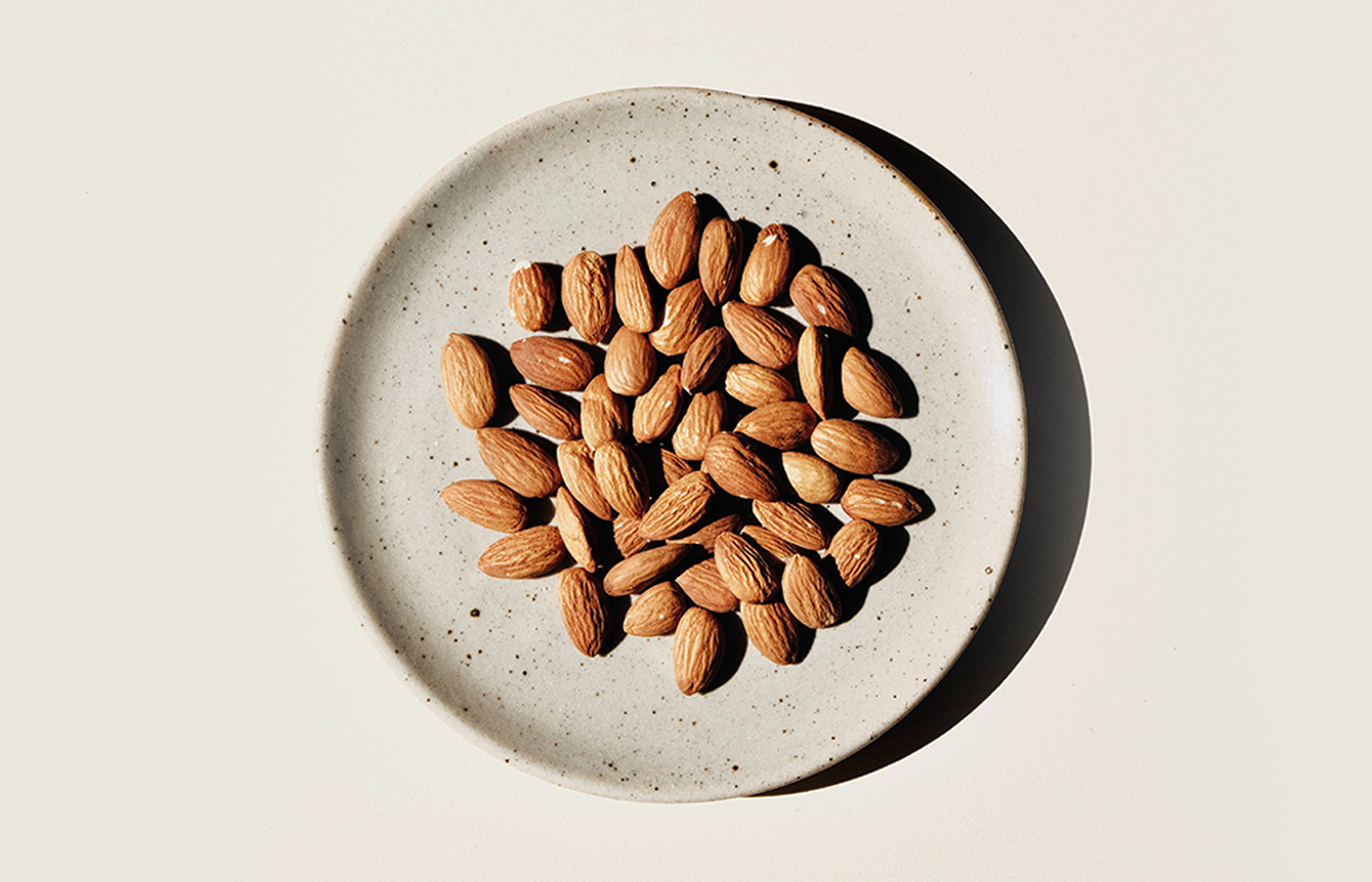It's no secret that dry scalp and dandruff can be frustrating… and itchy. Thankfully, there are plenty of ways to keep your hair soft, healthy, and shiny without harsh chemicals that sneak into haircare products. Enter: apricot oil.
The benefits of apricot oil expand beyond just an inexpensive and accessible find in your natural health food store, it's packed with tons of healthy acids and vitamins to help keep your hair and scalp looking and feeling its best. In addition, it's a natural moisturiser that will make your hair feel softer, help hair grow faster, and prevent further hair fall. And did we mention that it's a perfect lightweight oil for fine hair?
If you're not yet convinced, we're going into even more detail about how apricot oil works to give you a great hair day while treating your irritated scalp.
Read Next: What Is Alpha Hydroxy Acid And What Can It Do For Your Hair?
The Science Behind the Benefits of Apricot Kernel Oil
You guessed it, apricot kernel oil is derived from the same sweet and juicy fruit, which offers equally healthy goodness for your insides. As a hair product, its fatty acids and vitamins can help with your outsides too.
The benefits of apricot kernel oil makes it a go-to for hair care because it has humectant properties that can help retain its moisture, which is especially important in dry air, like winter. But did you know that not only is apricot oil great at keeping your skin hydrated, but it's also a vitamin powerhouse.
Here's a quick breakdown of its nutrients:
Fatty Acids
The fatty acid-rich oil has many benefits for hair and scalp. Apricot oil contains linoleic and oleic acid which are omega-9 fatty acids. These act as an effective emollient that makes hair and scalp softer and more pliable.
In simpler terms, applying apricot oil is a great way to keep your hair hydrated. Not only can it seal in the moisture, but apricot oil can absorb water from the air's humidity to help maintain that hydration barrier inside the strand and scalp.
Read next: How to protect your hair while you sleep
Vitamin A
Apricot oil has high concentrations of vitamin A, which is required for cell rejuvenation and collagen stimulation. As a skincare product, apricot oil works well as a natural anti-aging ingredient and a powerful moisturiser for dry skin. For hair, vitamin A is crucial for creating healthy hair that grows fuller and stronger because of this amazing cell turnover ability. This particular vitamin can help to strengthen your hair, prevent hair breakage, and reduce split ends by nourishing from within via blood flow.
Vitamin E
Apricot oil also contains high amounts of vitamin E, which is essential for scalp care. A great benefit of apricot oil is that it’s perfect for those with dry hair and scalps, and especially helpful for those who have dandruff and irritation. The vitamin E found in apricot oil can also help prevent and treat dryness and itchiness.
Read Next: Sea Salt Spray: Why Fine Hair NEEDS This
Apricot Oil Benefits for Hair
With all these great vitamins and hard-to-find fats in apricot oil, here’s how they all go to work to create those hair-happy benefits.
Prevents Hair Loss
The scalp is the gateway to healthy hair, so it's crucial to protect it. As we now know, apricot oil is rich in omega-3 fatty acids, which provides protection and moisture for the scalp by decreasing inflammation which can lead to issues and hair thinning or loss. Vitamin A can also reduce dry and flaky skin. Its antioxidant properties help keep your hair healthy, preventing breakage and fall out.
Anti-Inflammatory
Apricot oil is also a natural solution for those experiencing extremely dry–bordering scaly–scalp. The oil can penetrate the outer layer of the skin and soothe your scalp by reducing inflammation. However, as much of a miracle worker apricot oil can be, the oil won't treat all dandruff; some forms of the flake are caused by scalp bacteria and require anti-bacterial solutions or a trip to the doc. At the very least, its soothing qualities act as an anti-inflammatory.
Compatible With Other Oils
Another benefit of apricot oil is that it works well with other! It’s a great carrier oil and can be mixed with any other essential oils to help distribute their properties. Apricot oil is a versatile ingredient that can be added to your DIY hair masks, scalp treatments, or pre-made hair products.
But, like most products, the one thing you need to remember is to make sure you wash it out properly with a gentle shampoo! Since apricot oil also works great with other hair care ingredients, you can also add a few drops to your favourite shampoo or conditioner before applying it in the shower.
Super Lightweight
Apricot oil is a light oil that won't grease up your hair as much as other oils can. It's a great way to add extra moisture to the hair for anyone with an oily scalp without weighing you down. If you want to add some extra moisture to your hair or face, try combining it with other light oils like jojoba oil or sweet almond.
Great for Low Porosity Hair
For those of us with low porosity hair, it can be hard to retain moisture. As a lighter oil, apricot oil works great for low porosity hair as it can help keep water from escaping. High porosity hair can absorb the nutrients from your products more readily than low porosity hair, which means that it will be able to retain moisture better. If you have high porosity hair, feel free to try out heavier oils like coconut oil or castor oil on your scalp and ends.
Curly Hair Friendly
Oils generally work well for curly and coily hair textures. Apricot oil is the same and can even be found in some of your favourite curly-girl-friendly hair products. As a great moisturising oil for the scalp, you only need a small amount of apricot oil on your fingertips to massage and gain the benefits!
It's rare to find a product that can do it all, but apricot oil is one of them. It has a whole host of skin and hair health benefits and may be an excellent option for you if you have coarse or dull hair. After trying it yourself, let us know what you think!
Love learning about haircare? Read these next:
- Uh, What Does "Hydrate Hair" Mean?
- Does Heat Protectant Really Work? Well, This is What Happens When You Don't Use it.
